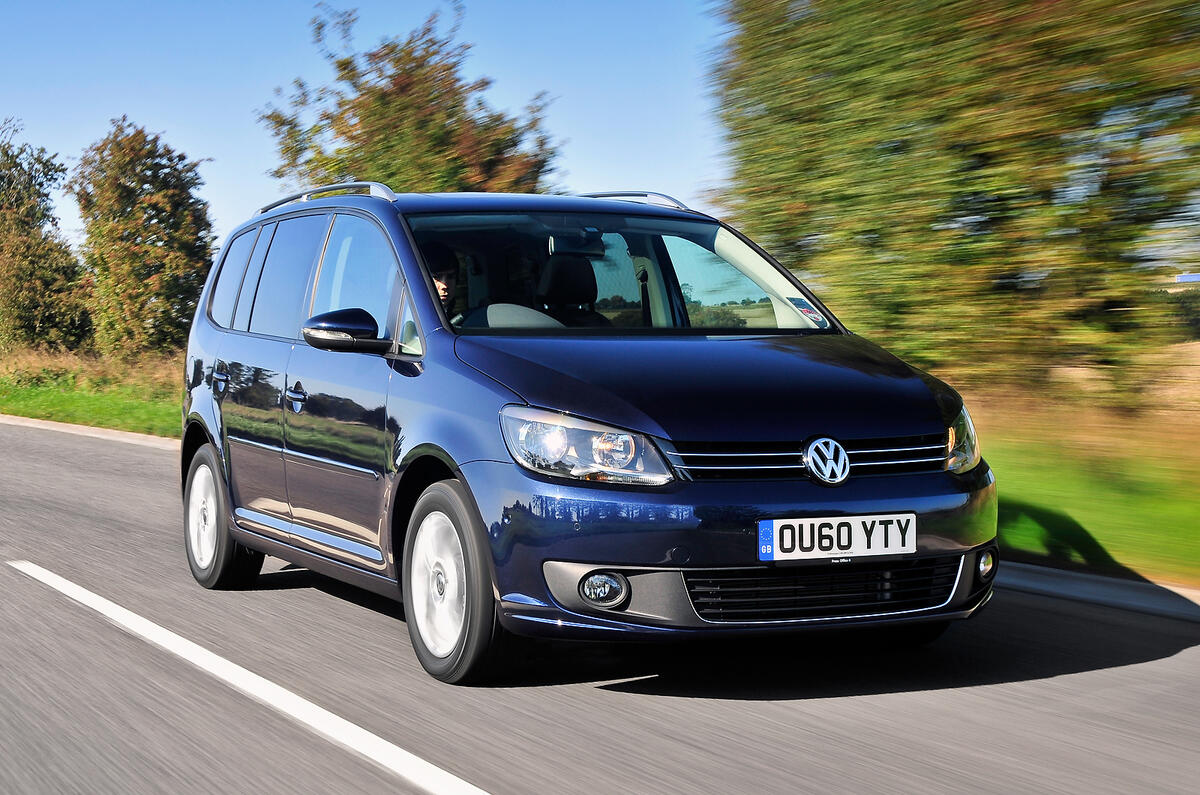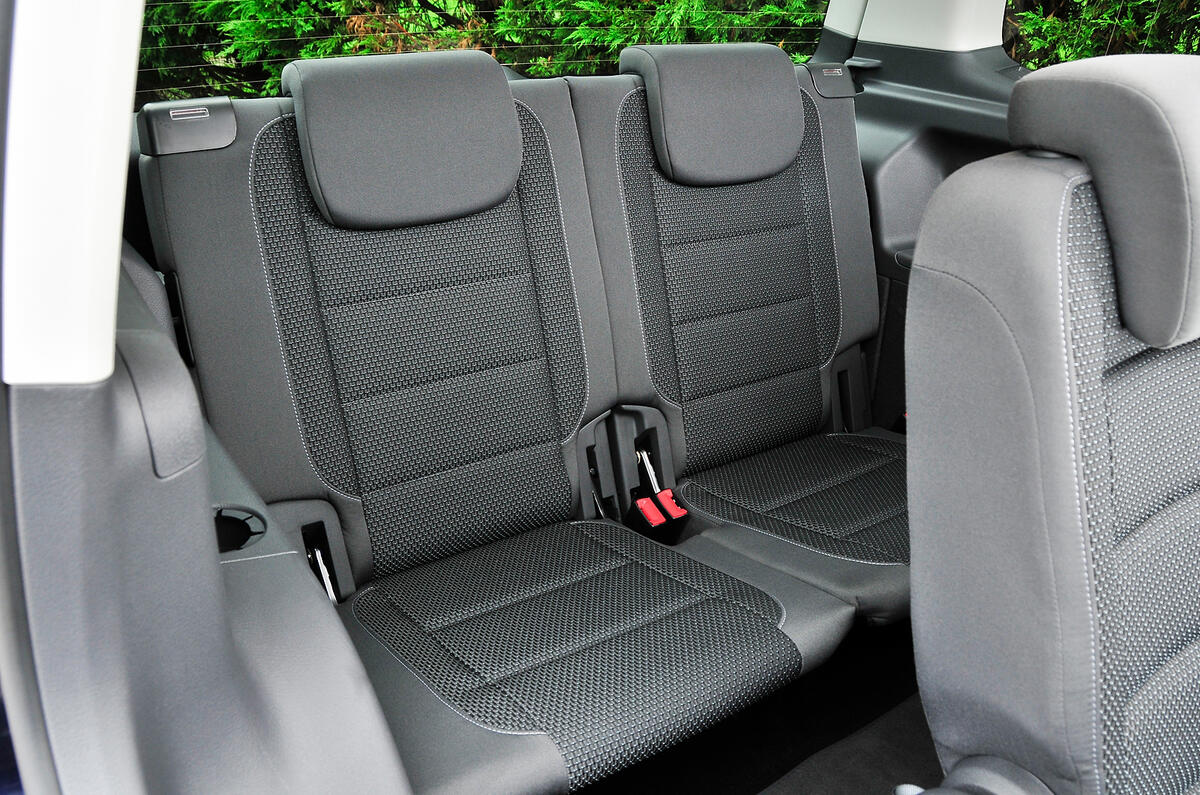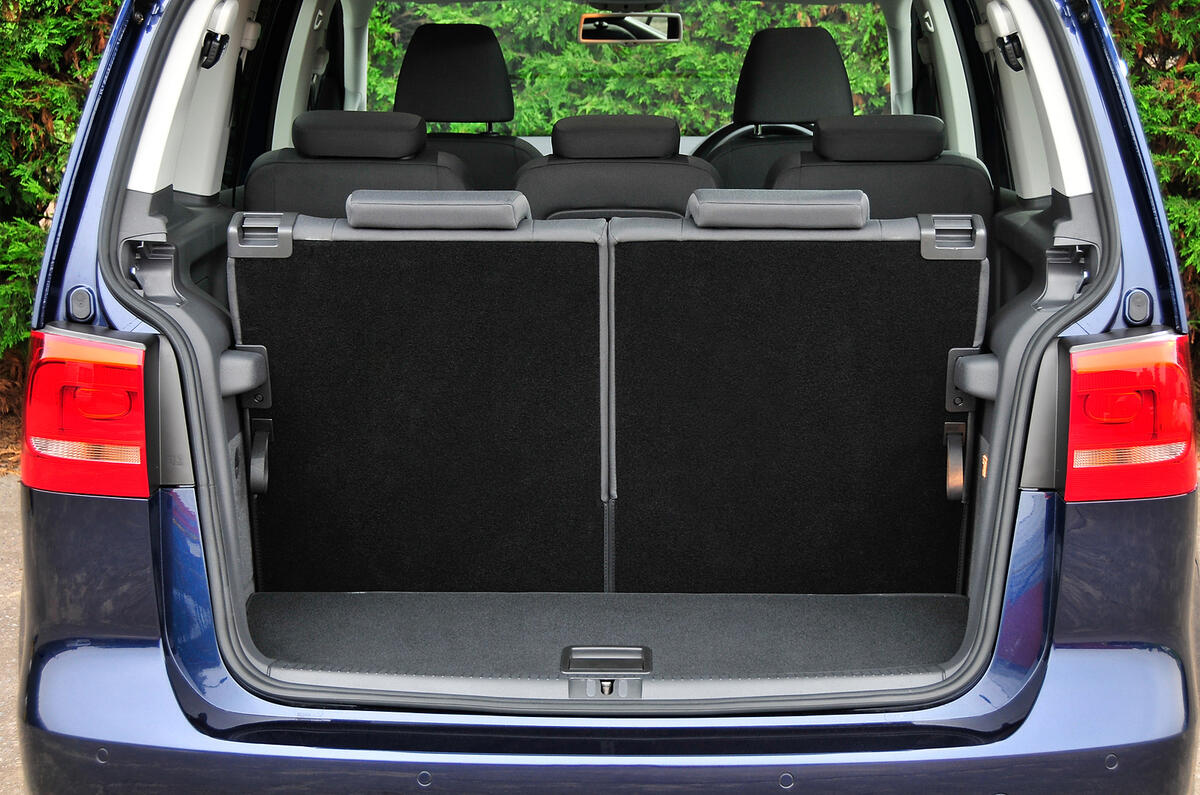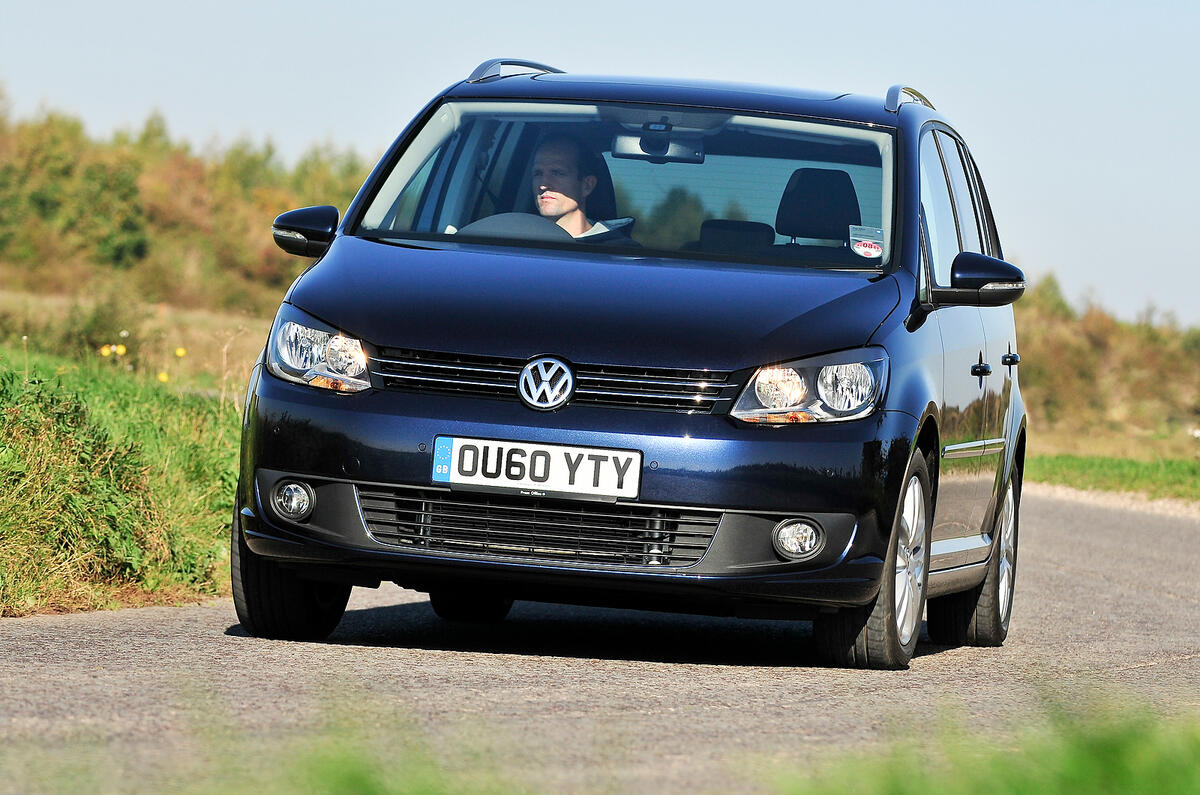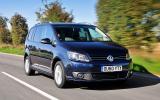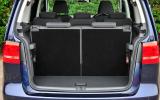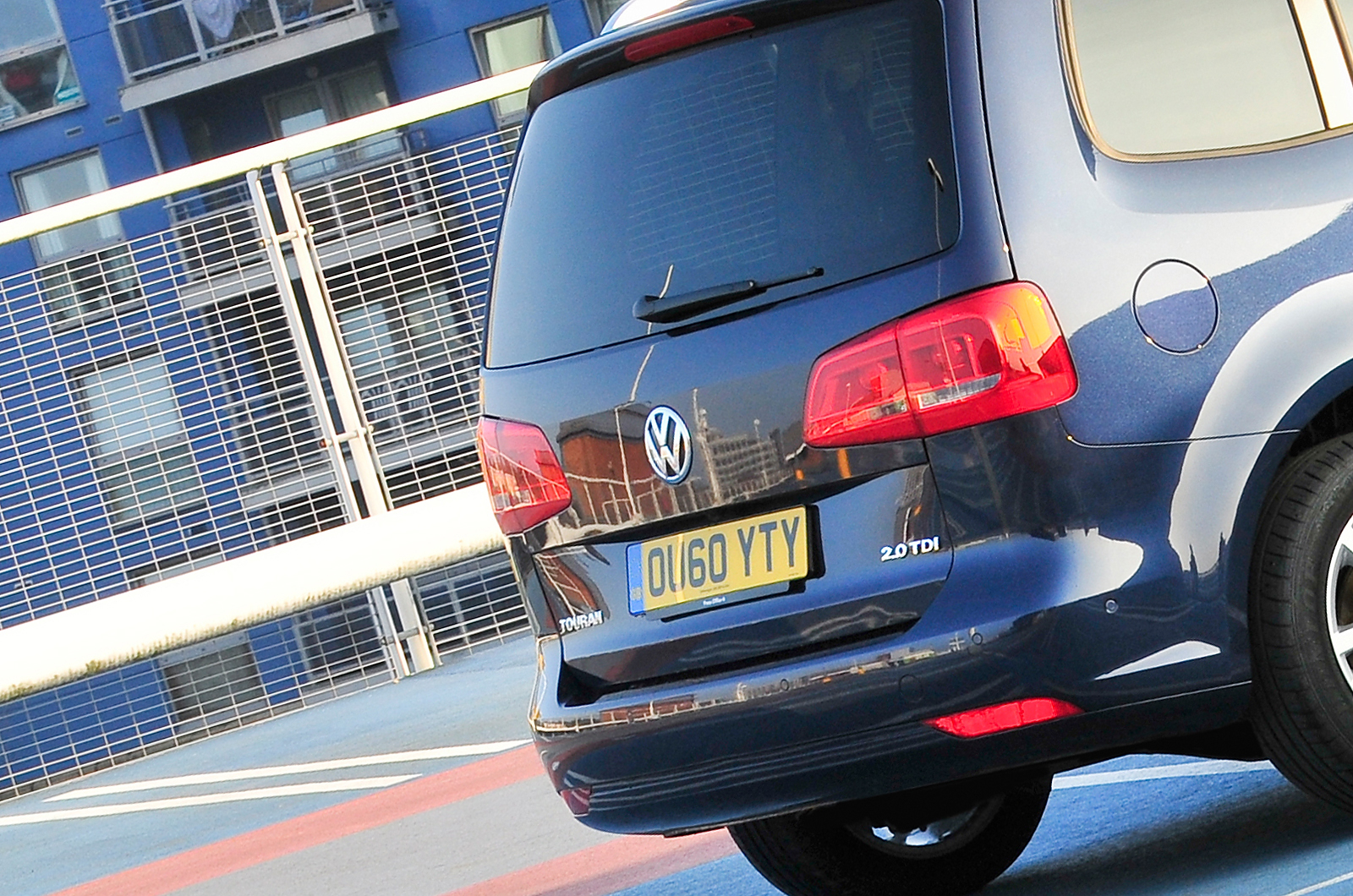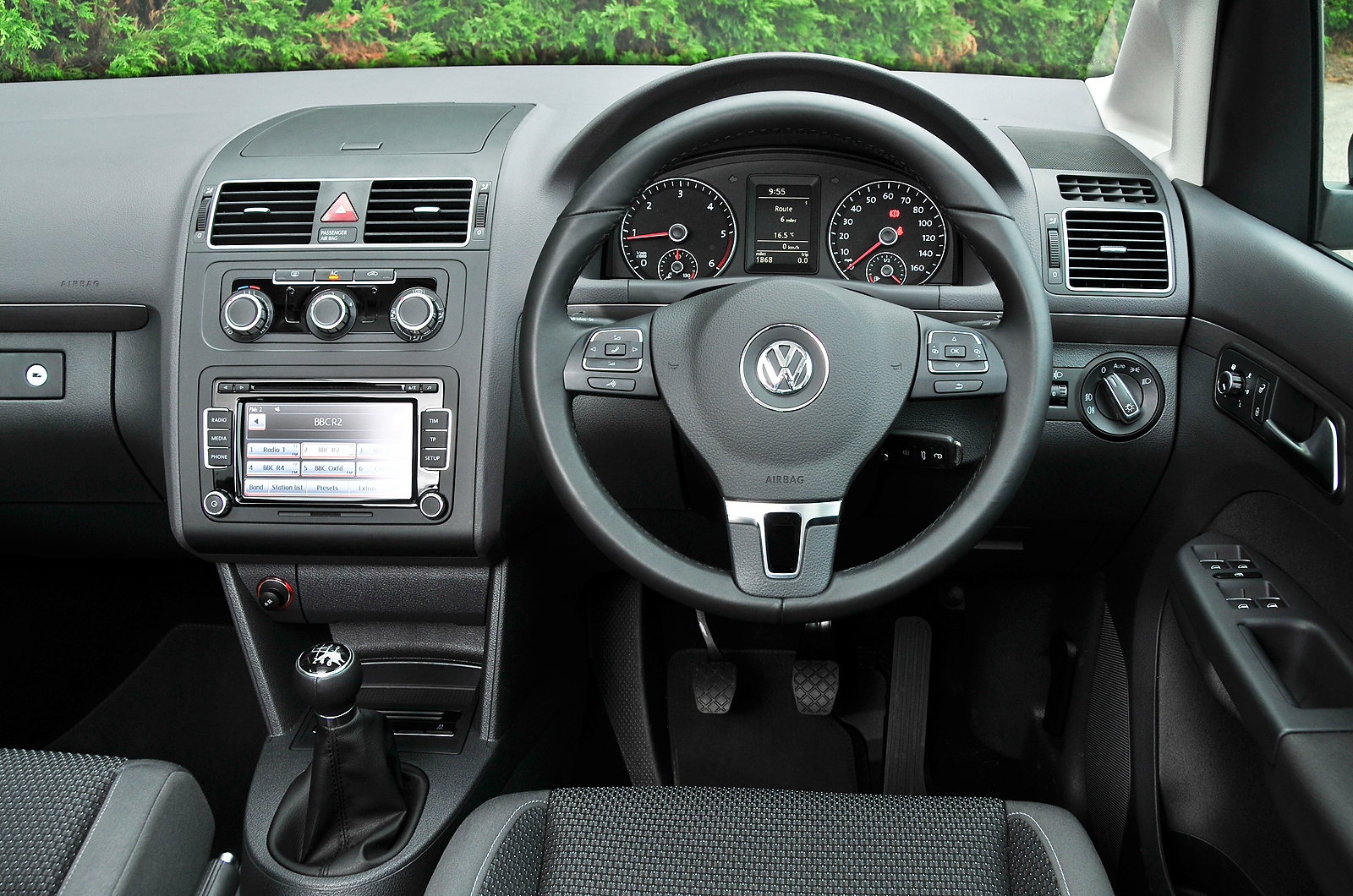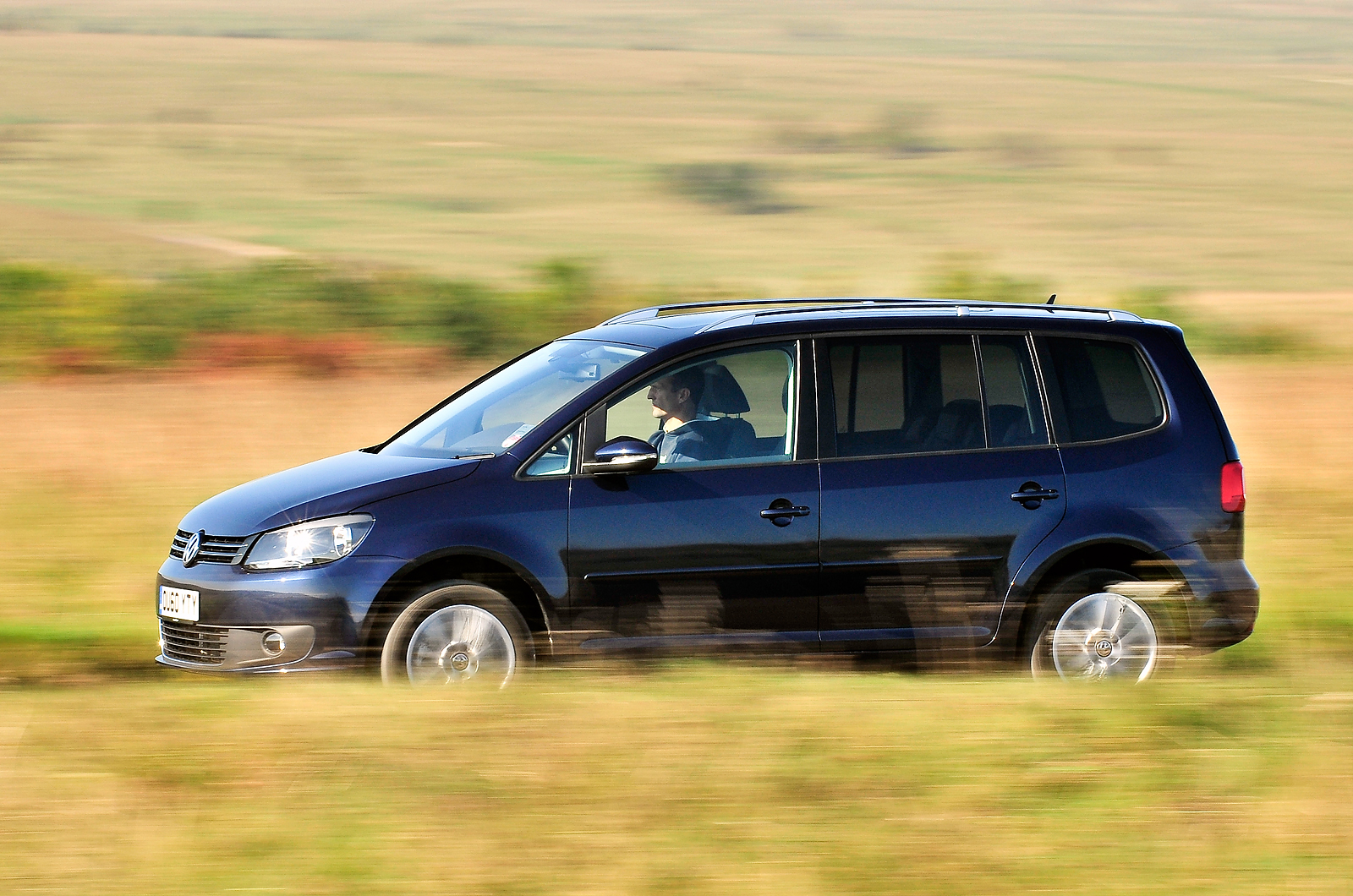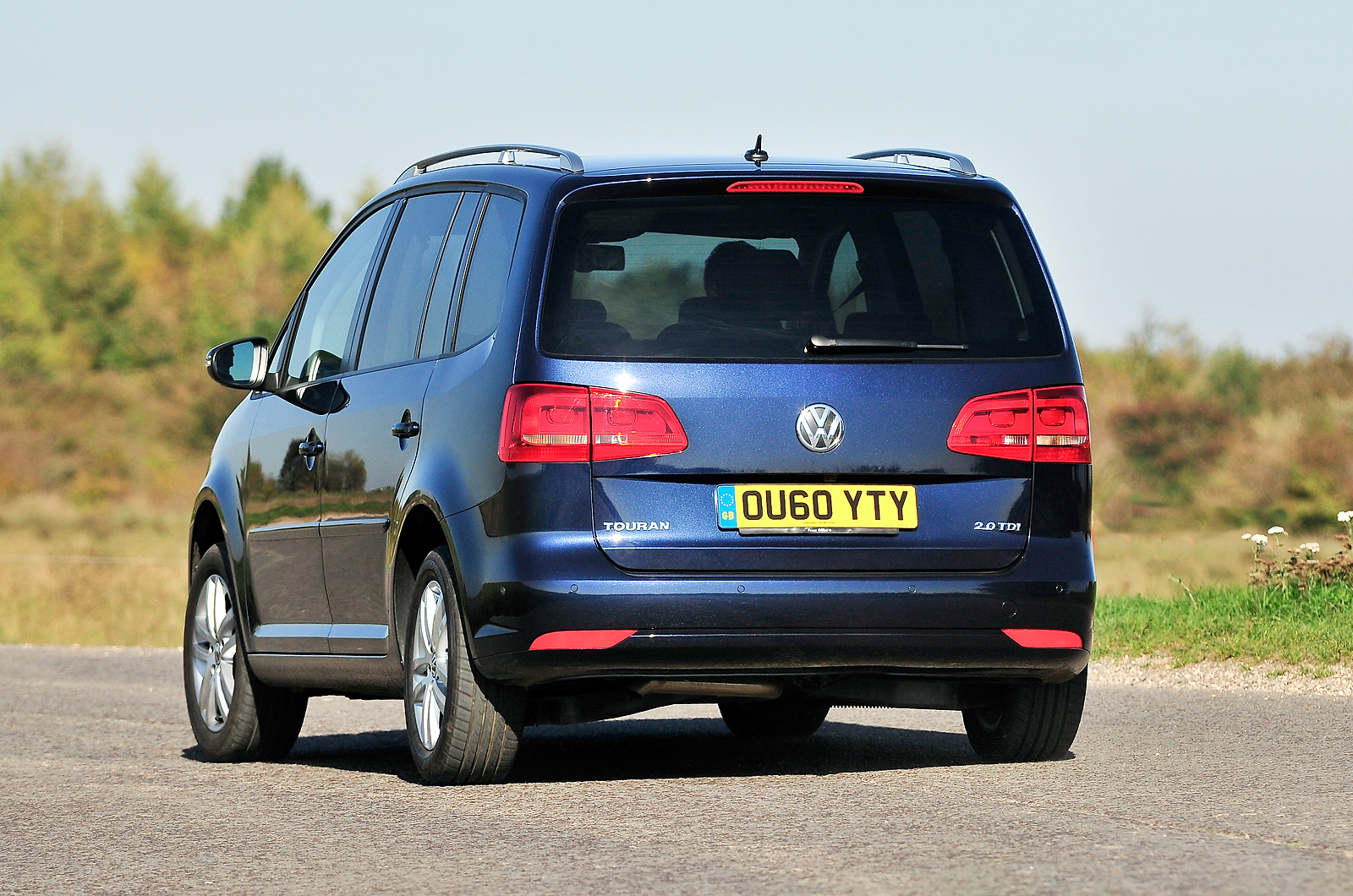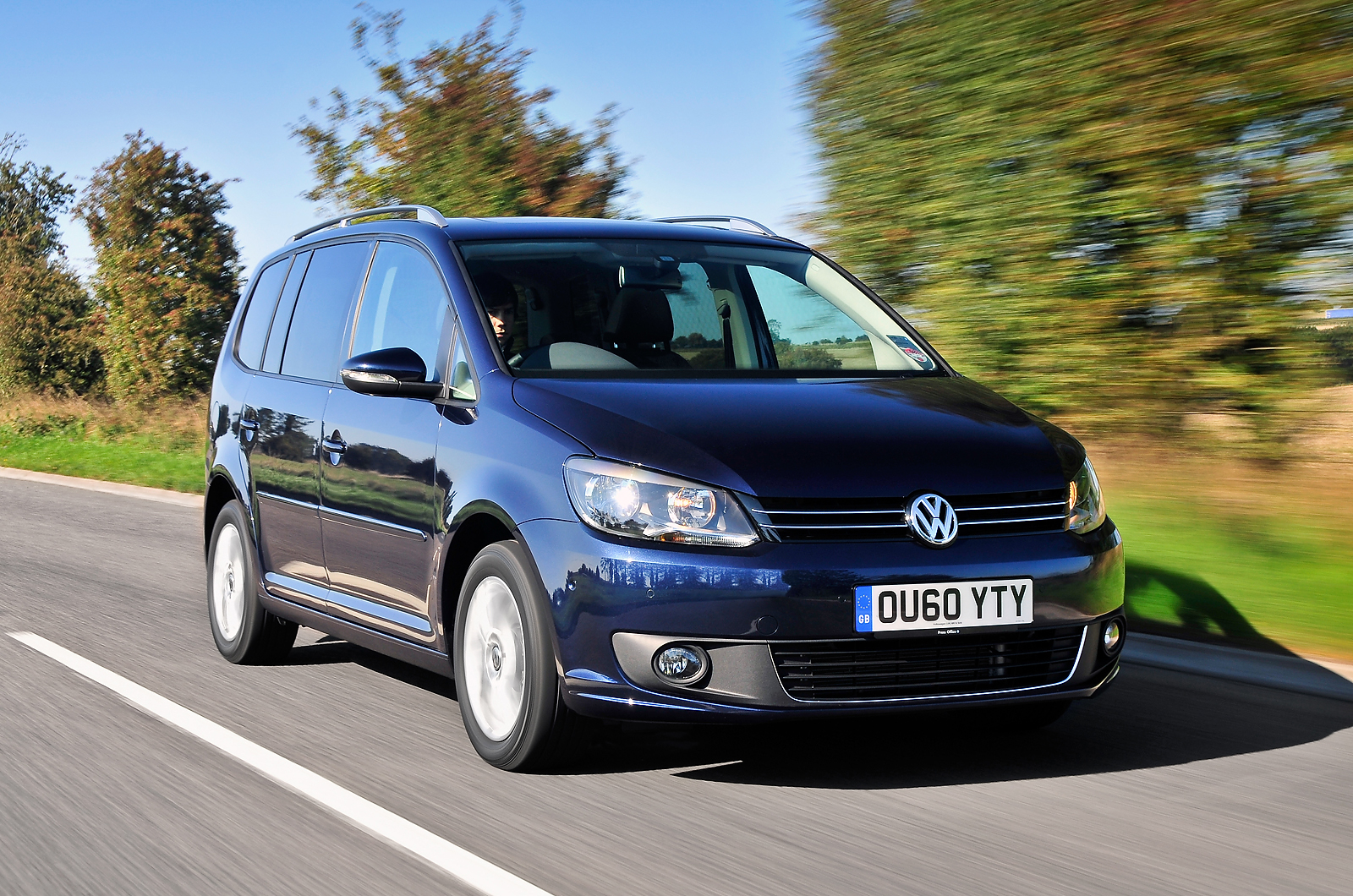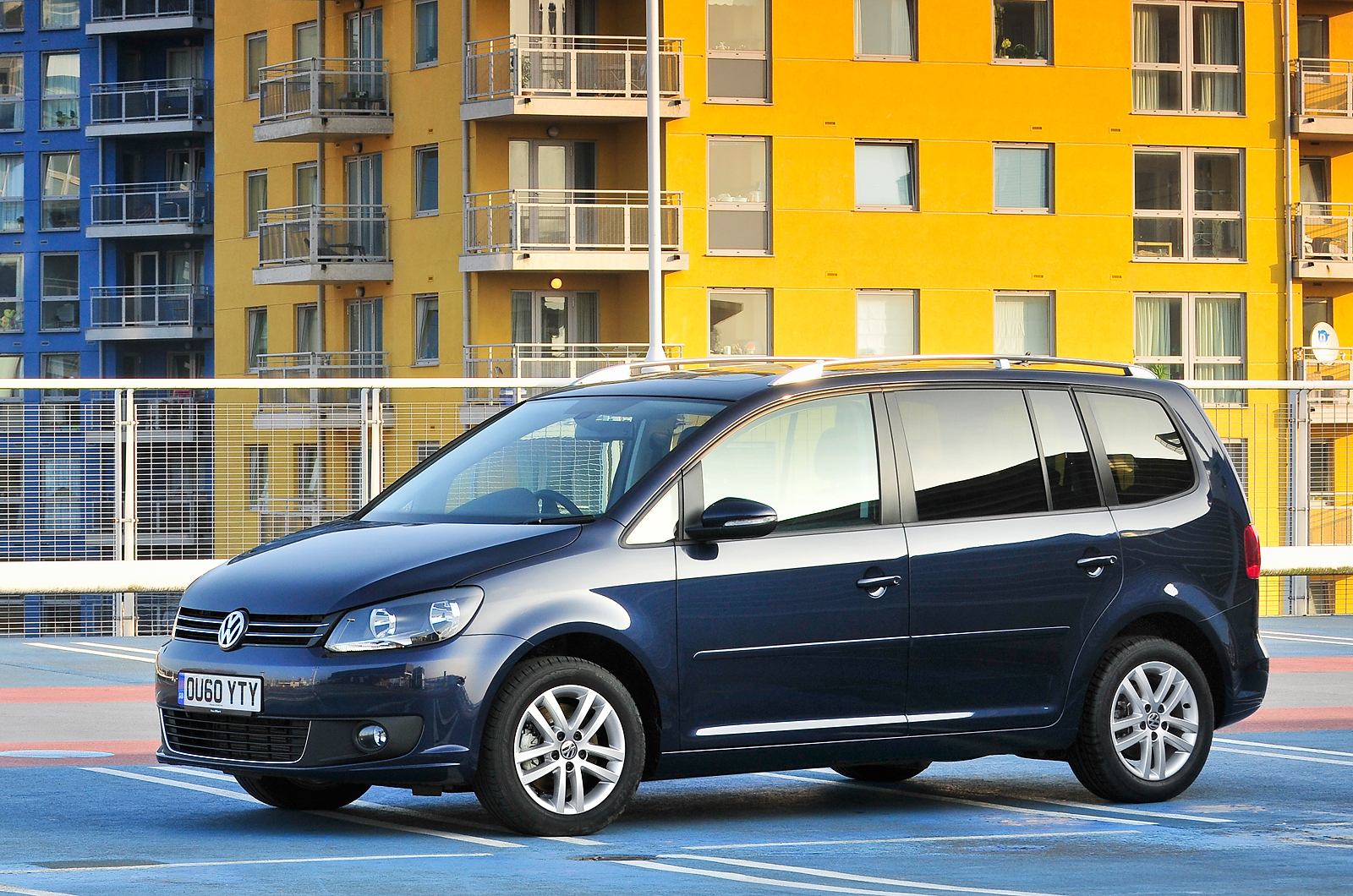Given the success of the 1996 Renault Scénic, it was unsurprising that back in 2003 and after due consideration, Volkswagen launched its own answer to the problems of the large family not wanting an equally large car to cart them around in. The Touran was offered with five and seven seats, the latter owing its creation to the sales achieved by the original Vauxhall Zafira
Seven years and 1.1 million sales after the Touran first hit the scene, VW launched this, what it calls a new Touran. It’s more of a major facelift, really. There’s crisper styling, and the big news is the arrival of a range of modern new four-cylinder engines, but this Touran has the same basic but re-engineered VW Golf Mk5 underpinnings as before and the same basic interior in five or seven-seat guises.
Competition in the segment is as tough as it’s ever been, with entrants feeling more car-like to drive than ever and growing in versatility. So will the Touran’s tried and trusted formula – including its family ties to the Golf as a trump card – be enough for it to compete?



